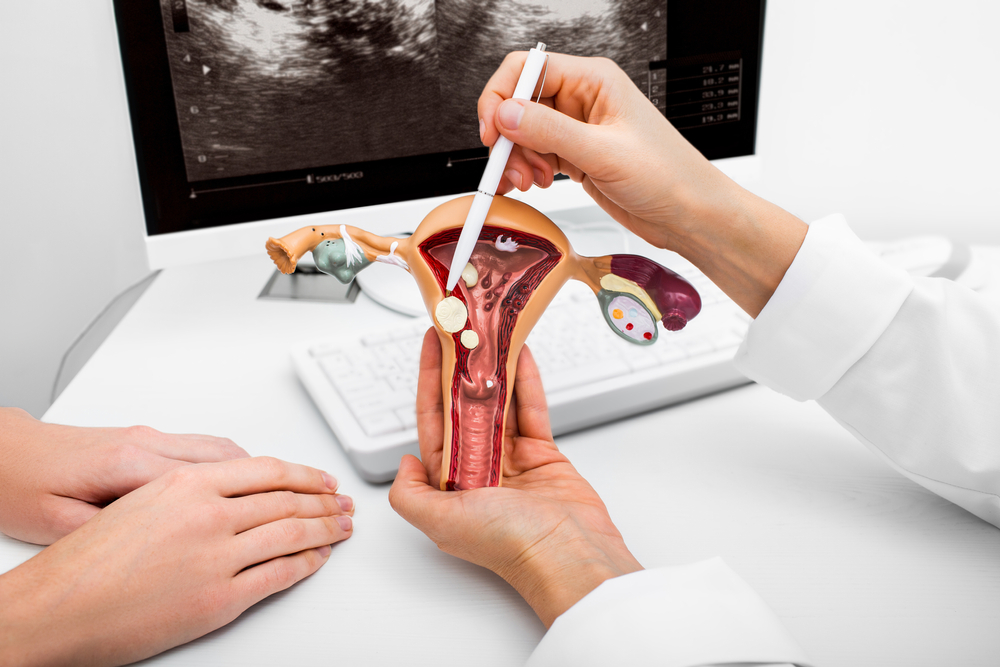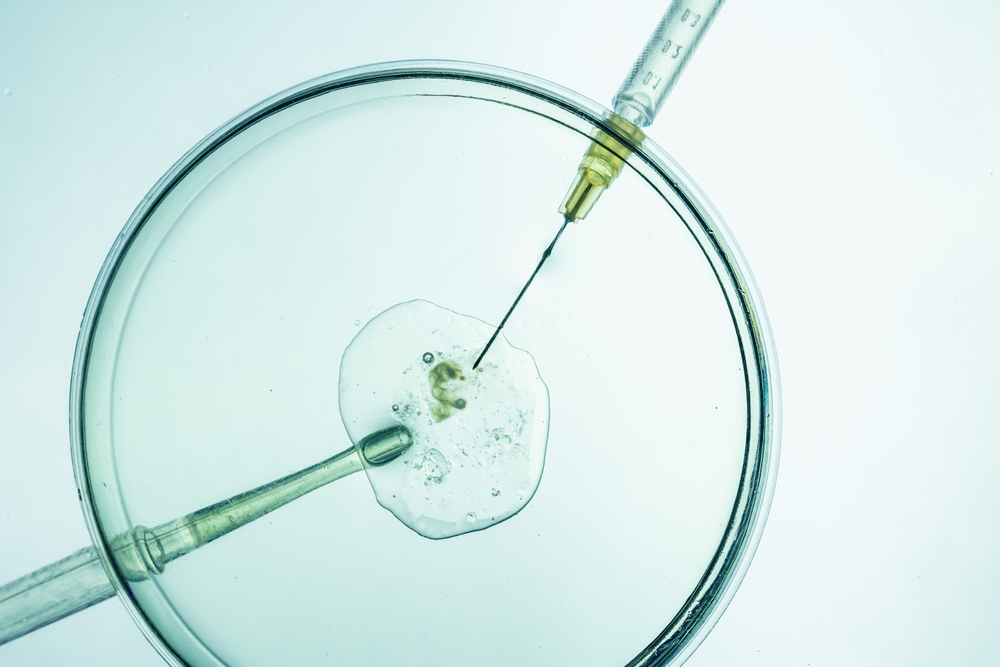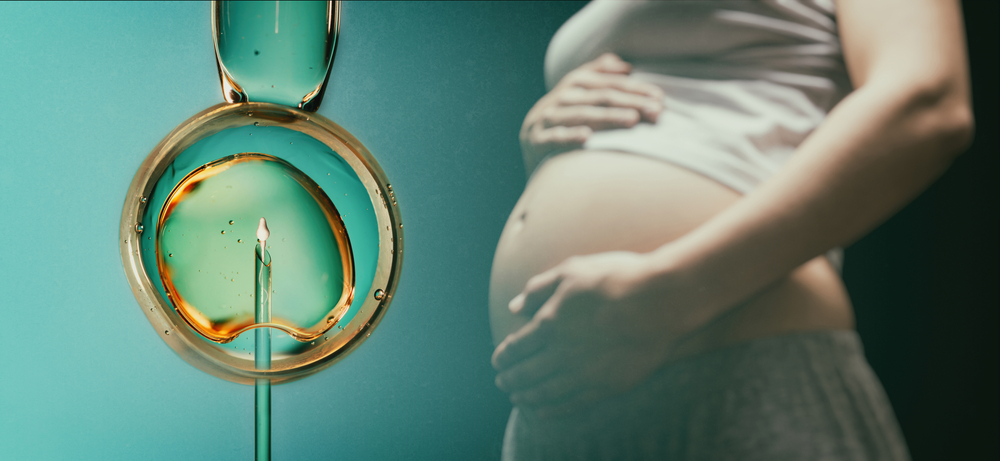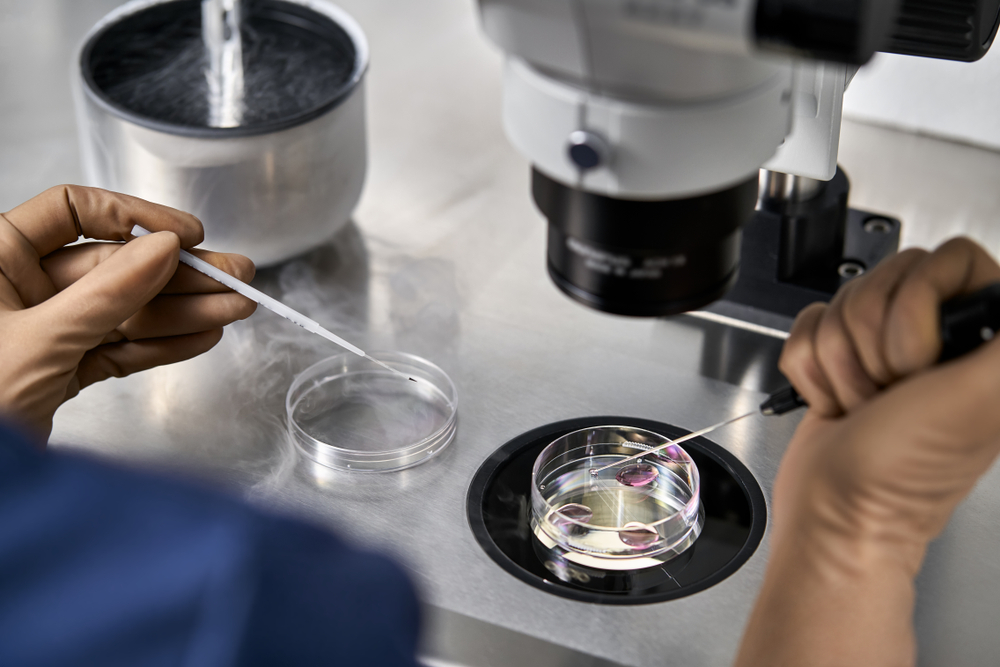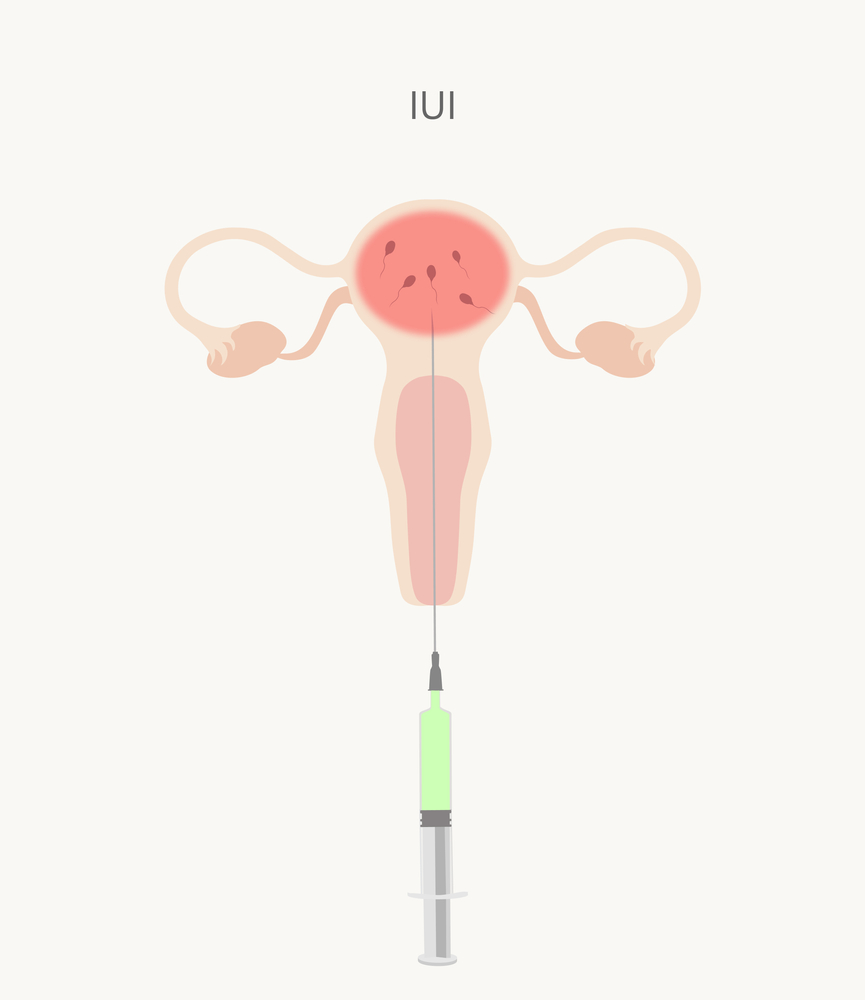Thyroid is overlooked in fertility treatment, but why? Does thyroid play a part in pregnancy? Why does thyroid matters in pregnancy? All these are the common questions we come across as a part of our medical practice. Several individuals have queries on the same. Keeping this in view, we Sai Shourya Test Tube Baby Center, Best Fertility Center In Hyderabad, drafted an article on how does thyroid affect fertility in females.
Thyroid Hormone – What It Is?
Thyroid is a butterfly-shaped gland that works in response to the pituitary gland. Its main function is to release and regulate thyroid hormones, which regulate metabolism, produces energy, facilitates oxygen utilization and hormone levels. It is produced in everybody but can be either overactive or underactive. Both these conditions affect ovulation and affect fertility, especially in women. Thyroid hormones are critical in pregnancy because they prevent miscarriage and also aids foetal brain development.
Functions Of Thyroid Hormone
The main functions of the thyroid hormone include.
- Promotes metabolism, growth, and development of the human body
- Regulate many body functions by releasing thyroid hormones into the bloodstream
- Regulate the rate at which calories are burned
- Slow down or speed up the heartbeat
- Raise or lower the body temperature
- Controls the muscle contraction
- Replaces the dying cells at a stated rate
- Affects weight loss or weight gain
- Prevents miscarriage and aids foetal brain development
How Does Thyroid Affect Fertility in Female?
Females with undiagnosed thyroid dysfunction face difficulties in conceiving. The thyroid also affects pregnancy. Thyroid in females is classified into two categories based on the level of hormones released, and they are hyperthyroidism and hypothyroidism. Both of these thyroid types affect women before, during, and after pregnancy. Here is how thyroid affects pregnancy and fertility in females.
Hyperthyroidism And Pregnancy
Before Pregnancy: Hyperthyroidism or Graves’ disease causes irregular periods and abnormal fertility making it difficult for them to conceive. In the case of Graves’ disease, you should have a blood test done to check your thyroid function. The fertility specialist will look after the test and check whether there are any Graves’ antibodies in your blood as they can affect your pregnancy. He or she asks for regular check-ups to keep you and your baby safe during or after your pregnancy.
During Pregnancy: In the case of hyperthyroidism, you will be prescribed antithyroid drugs at the lowest possible dosages, which rarely causes side effects and liver damage. Hyperthyroidism during pregnancy can be a serious condition affecting the pregnancy as well as fertility in females. Using treatments during hyperthyroidism can be risky and harmful for both women and babies as it increases the risk of miscarriage, high blood pressure in pregnancy, abnormal fetus development, poor growth of the baby, premature delivery, and goitre in a baby.
After The Baby Is Born: The risk for babies will be high and will continue for a year. You are supposed to continue antithyroid drugs, and in case if you have stopped taking them, consult your doctor at regular intervals who is looking after the symptoms of hyperthyroidism. However, if you are taking antithyroid drugs, take it at a lower dosage as they can cross into breast milk.
Hypothyroidism and Pregnancy
Before Pregnancy: In the case of hypothyroidism, the females will experience high or continuous bleeding during periods. It affects fertility and often results in anemia. If you are planning for a pregnancy, then you should talk to your doctor, looking after your thyroid problem so that they can help you with the right medications. Fertility specialists mostly recommend levothyroxine tablets to bring back your hormone levels to normal as well as to increase your chances of becoming pregnant.
During Pregnancy: Use of levothyroxine tablets is must during hypothyroidism, especially during the first 20 weeks of pregnancy. These medications supply sufficient thyroid hormones to the baby. Regular blood tests are recommended during the pregnancy to adjust the dosage and normalize the thyroid function. Thyroid function test is also mandatory to adjust the dosage of levothyroxine tablets.
After The Baby Is Born: The dosage of levothyroxine tablets should be the same, that you were taking before the pregnancy, for safe breastfeeding. The specialists also recommend a blood test to screen hypothyroidism in babies after 2 weeks of their birth. If the result is positive, the treatment gets started within a year itself.
Conclusion:
Hope our article covers everything about how thyroid affects pregnancy and fertility in females. But the point to be noted here is thyroid is genetic and often runs in families. So the females with a family history of thyroid should discuss with their GP and start the treatment immediately.
Similar Blog: How to increase fertility in men?
If you still have queries on thyroid disorder, talk to our specialists now. We Sai Shourya Test Tube Baby Clinic, Best Fertility Center In Hyderabad have a team of skilled and experienced fertility specialists who can clear all your questions or concerns about your thyroid disorder.
Are you experiencing troubles in the journey of your Parenthood with thyroid problems? Contact Sai Shourya Test Tube Baby Center, right now to get the best fertility treatments. Call at 91-9912532520 and book your appointments right

